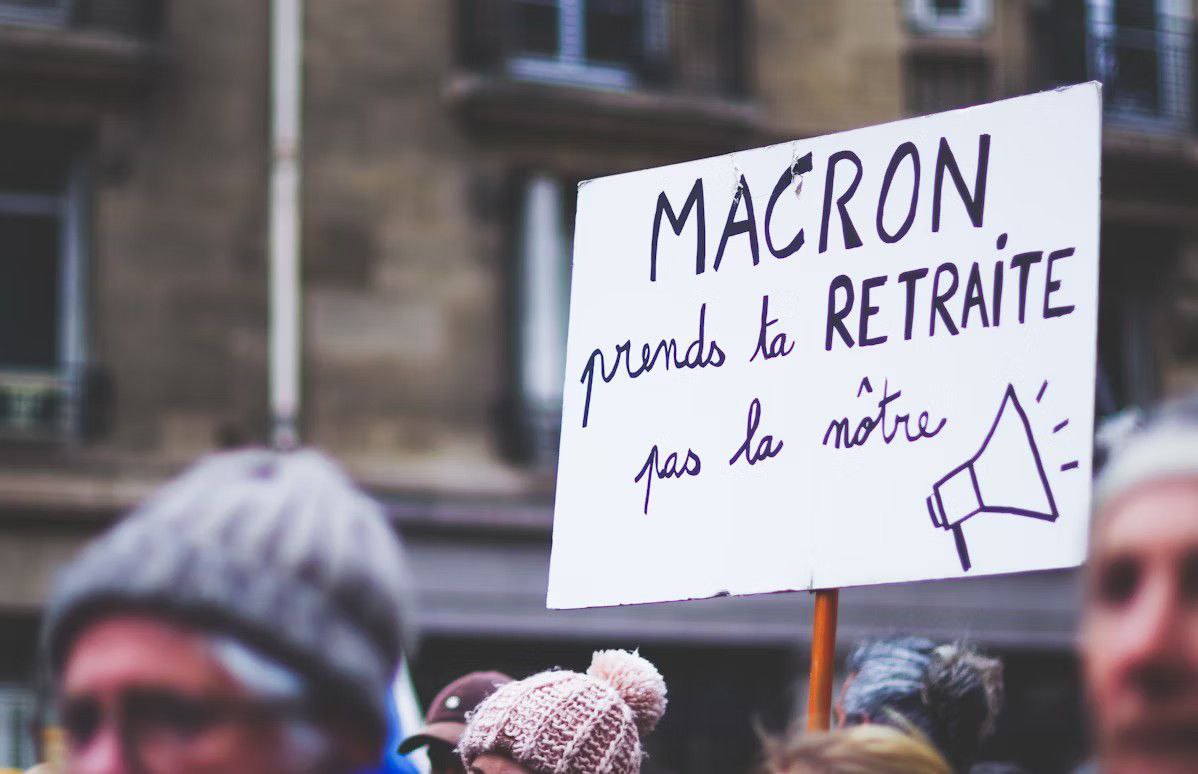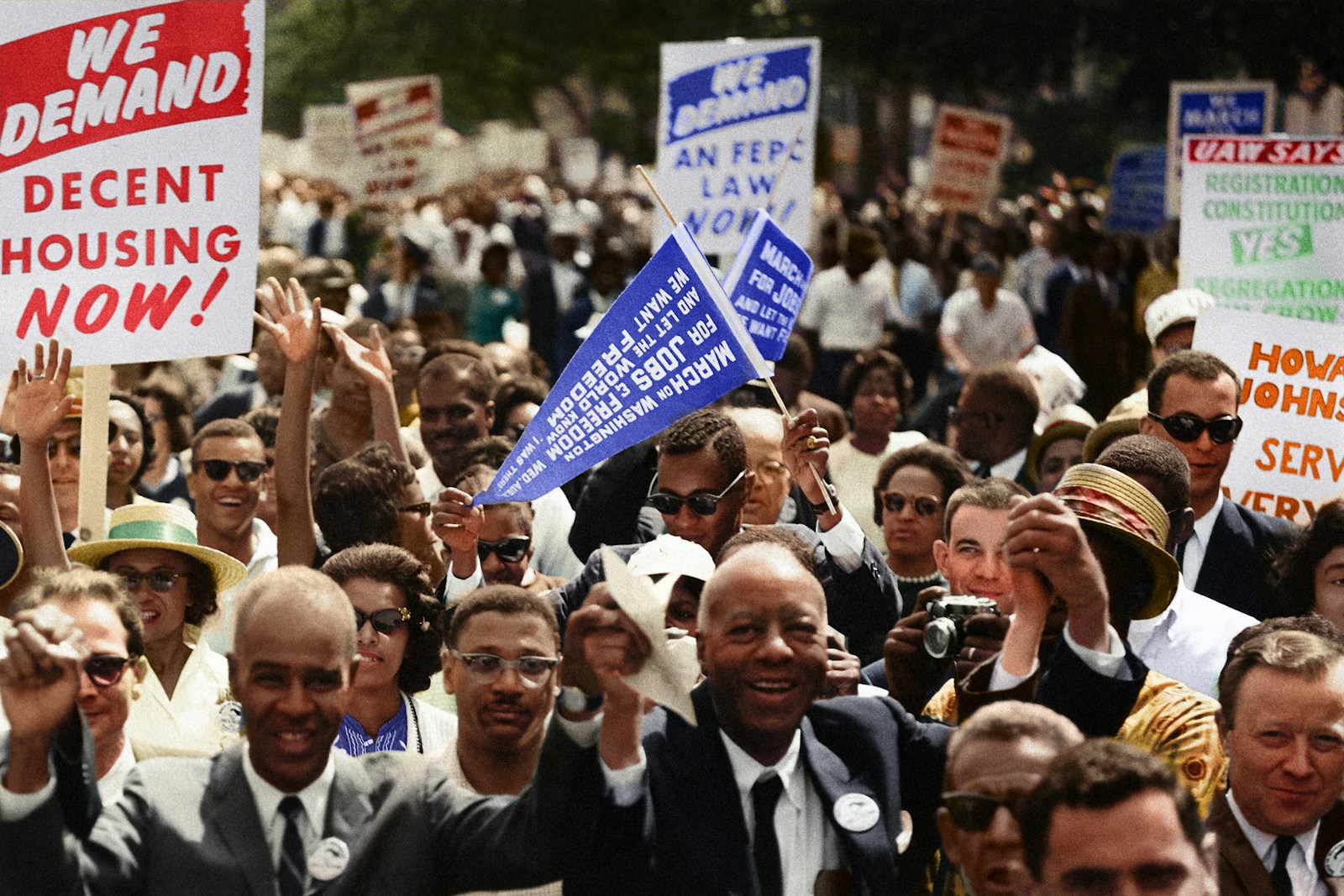Introduction: France Protests Shake the Nation
France protests have erupted across the country, shaking the political and social landscape. What started as localized demonstrations quickly transformed into a nationwide movement. The streets of Paris, Lyon, Marseille, and other cities have become gathering points for workers, students, and ordinary citizens who feel unheard. This wave of demonstrations is not just a reaction to a single policy but a culmination of frustration over economic reforms, pension changes, and the rising cost of living.
For many, the France protests represent more than political dissent. They symbolize the deepening gap between the government and the people. Demonstrators are demanding more than temporary solutions they want structural changes that address inequality and protect workers’ rights. The protests have been characterized by massive marches, strikes, and even confrontations with law enforcement, putting the government under intense pressure.
The global spotlight is now on France as journalists, analysts, and human rights observers monitor the situation closely. International media is reporting daily on the scale of the demonstrations, the government’s response, and the potential political fallout. France protests have become a defining moment for the administration, testing its ability to handle public outrage and maintain social stability.
Economic Roots of the Unrest
One of the main triggers of the France protests is the government’s economic reform agenda. Policies aimed at reducing public spending and restructuring pensions have sparked outrage among unions and workers. Many fear that these reforms will increase retirement age, reduce benefits, and place additional burdens on the working class. This fear has mobilized a coalition of workers from different sectors, including transportation, education, and healthcare, all demanding that the reforms be reversed.
Economic inequality has also played a major role in fueling the protests. Rising inflation has left many families struggling to make ends meet, while corporate profits remain high. This contrast has deepened feelings of injustice and created a sense that the government prioritizes economic elites over ordinary citizens. The anger is not only about policy it is about fairness, dignity, and the right to a decent standard of living.
Experts warn that ignoring these economic grievances could have long-term consequences. France protests are a reminder that policies affecting millions of people cannot be implemented without meaningful dialogue. Economic reform may be necessary, but without social consensus, the reforms risk tearing apart the very fabric of society.
Social and Political Dimensions
Beyond economics, the France protests carry a powerful social and political message. Citizens feel that their voices are being dismissed, and the protests have become an avenue for reclaiming public space and demanding accountability. Students and youth have joined the demonstrations in large numbers, reflecting their growing frustration with the lack of opportunities and their fears for the future.
The protests have also sparked debates about the use of police force and civil liberties. Images of clashes between protesters and riot police have gone viral, sparking condemnation from human rights groups. Critics argue that heavy-handed tactics only escalate tensions and further radicalize the movement, creating a cycle of confrontation that is difficult to break.
Politically, the France protests have weakened the government’s approval ratings and emboldened opposition parties. Left-wing and right-wing leaders alike are using the crisis to push their agendas, hoping to channel public anger into electoral gains. This has turned the protests into a national reckoning, forcing the government to choose between compromise and confrontation.
Role of Media in Amplifying France Protests
Media coverage has played a crucial role in amplifying France protests. Television channels, online news portals, and social media platforms are broadcasting images of demonstrations in real-time, creating a sense of immediacy and urgency. Live footage of marches, banners, and chants spreads quickly, enabling people in other cities and even other countries to witness the unrest firsthand. This has made it nearly impossible for authorities to control the narrative, as the story reaches a global audience almost instantly.
Social media, in particular, has transformed how France protests are organized and perceived. Hashtags, livestreams, and viral videos allow demonstrators to coordinate actions, share updates, and mobilize supporters. Ordinary citizens become citizen journalists, capturing moments that traditional media might overlook. As a result, attempts to downplay the scale of the protests often backfire, leading to wider attention and increased participation.
Moreover, media amplification creates both opportunities and challenges for policymakers. On one hand, it allows officials to communicate directly with the public and explain their positions. On the other hand, it makes mistakes or controversial actions highly visible, increasing scrutiny and pressure. The visibility of France protests demonstrates the power of media in shaping public perception and influencing political outcomes.
Impact on Daily Life and Public Services
The France protests have caused widespread disruptions in daily life and public services. Transportation systems, including trains, buses, and subways, have been heavily affected by strikes, making commuting difficult for millions. Schools and universities have experienced closures or partial shutdowns, while hospitals and emergency services are stretched due to staff participation in strikes. This direct impact on citizens’ routines has intensified public attention and participation in the movement.
Business operations have also been disrupted. Retail stores, offices, and factories face challenges due to reduced staff and logistical constraints. The economic cost of prolonged France protests adds pressure on both local authorities and national government to find solutions. Citizens, however, often view these disruptions as a necessary sacrifice to achieve long-term social and economic reforms, emphasizing the depth of commitment among participants.
Local communities have organized alternative solutions to mitigate the impact, such as carpooling, volunteer-led services, and community support networks. These initiatives highlight the resilience of the population and the determination to sustain the protest movement despite inconveniences. In this way, France protests are not only an expression of dissent but also a demonstration of social solidarity and collective action.
International Attention and Diplomatic Repercussions
The France protests have attracted significant international attention, affecting diplomatic relations and France’s global image. Foreign media outlets report on the scale of demonstrations, while international organizations monitor human rights implications. France, as a key player in global politics, faces scrutiny from allies and critics alike, particularly regarding its approach to civil liberties and public dissent.
Some governments have issued statements urging restraint and dialogue, emphasizing the importance of maintaining order without infringing on citizens’ rights. At the same time, global investors and multinational corporations monitor the protests for potential economic impact, as strikes and social unrest can affect production, exports, and investor confidence. The interconnectedness of modern economies means that France protests have repercussions far beyond national borders.
Diplomatic discussions often incorporate public sentiment as a factor, acknowledging that sustained unrest can influence negotiations, treaties, and partnerships. By paying attention to the underlying causes of the France protests, international actors better understand the domestic pressures shaping French policy decisions. This reinforces the idea that large-scale protests are not merely domestic events but carry significant international weight.
Government Response and Political Implications
The French government’s response to France protests has been closely scrutinized both domestically and internationally. Authorities have attempted a combination of negotiation and enforcement, seeking to maintain public order while addressing some demands. However, critics argue that partial concessions are insufficient, and heavy-handed measures risk further inflaming public anger. Lawmakers face mounting pressure to find sustainable solutions that balance reform with social stability.
Political analysts note that France protests are reshaping the nation’s political landscape. Opposition parties leverage the unrest to gain influence, while alliances within the ruling government are tested under public scrutiny. The movement demonstrates how citizen mobilization can directly affect policymaking, forcing governments to act quickly to avoid escalation. Reports from BBC News highlight how these protests are influencing political debates and forcing reforms in real time.
For a deeper understanding of local public sentiment on social issues, you can visit this Social Trends Mauritius section which features similar citizen-driven analyses and insights.
Social Unity and the Power of Collective Action
France protests illustrate the power of collective action in modern society. Citizens from diverse backgrounds unite around common grievances, demonstrating solidarity across sectors and generations. The sense of shared purpose strengthens the movement, making it resilient against attempts at suppression or marginalization. Public participation extends beyond the streets, with online campaigns, petitions, and community initiatives supporting demonstrators.
Community networks, unions, and advocacy groups play a central role in sustaining momentum. Coordination through technology allows for rapid mobilization and strategic planning, making it difficult for authorities to ignore or control the movement. This collective engagement empowers ordinary citizens to influence decisions at local and national levels, highlighting the transformative potential of organized civic activism.
The broader lesson from France protests is that society increasingly values transparency, responsiveness, and inclusivity. Leaders who acknowledge these demands and engage in dialogue are more likely to maintain legitimacy and stability, whereas those who ignore or suppress dissent face prolonged conflict and reputational risks.
Conclusion: Lessons from France Protests
France protests are a defining moment in contemporary social and political life, emphasizing the power of citizen mobilization and the importance of government responsiveness. They reveal how economic pressures, social inequalities, and policy decisions intersect to drive public action. Attempts to silence dissent or impose reforms without consultation have proven counterproductive, as public engagement amplifies the issues rather than diminishes them.
The movement underscores the necessity for dialogue, transparency, and participatory governance in addressing societal challenges. By understanding the causes and dynamics of France protests, policymakers, organizations, and citizens can navigate conflicts more effectively and promote sustainable solutions. Ultimately, these protests are a reminder that public voices, when united, hold immense power to shape the nation’s future.




